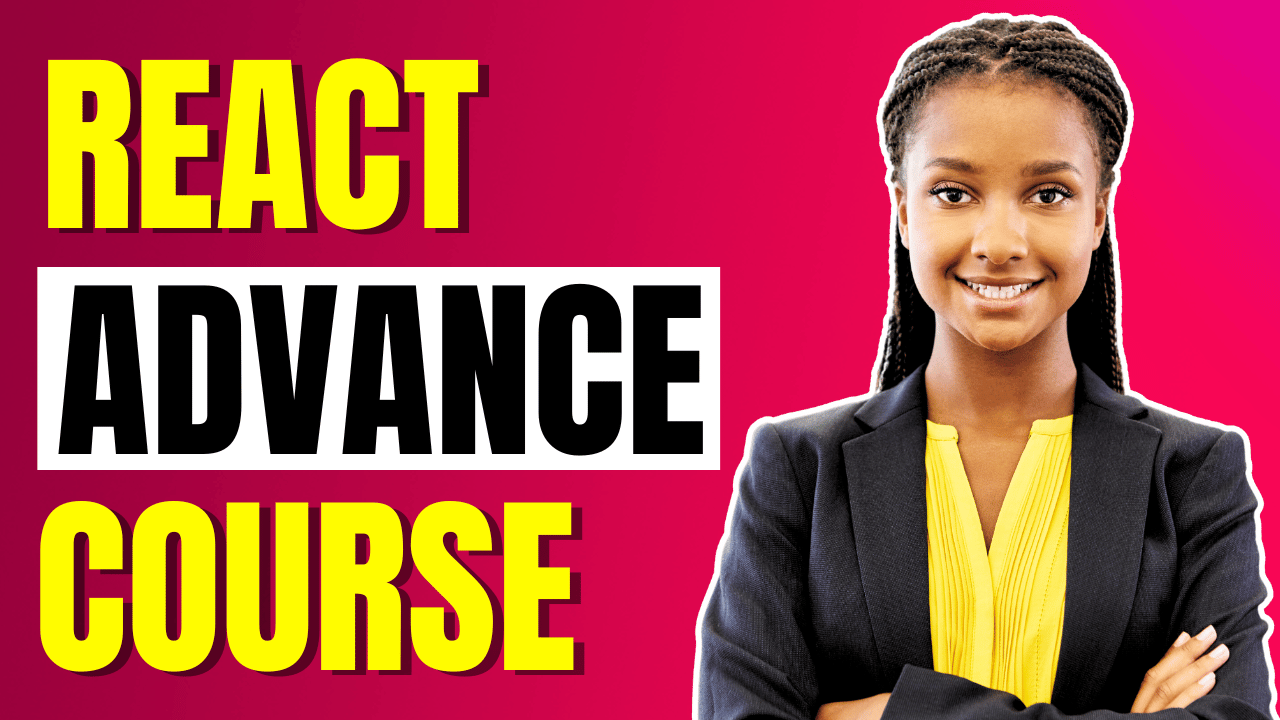Are you passionate about React.js and looking to showcase your expertise? Look no further! In this comprehensive guide, we’ll explore everything you need to know about obtaining a React certification. With a recognized certification, you’ll have tangible proof of your skills and boost your credibility as a React.js developer.
Understanding React Certification
Before we delve into the details, let’s first understand what React JS certification is all about. React certification is a formal recognition of your proficiency in React.js, a popular JavaScript library for building user interfaces. It validates your understanding of React.js concepts, best practices, and ability to develop robust applications using React.js.
The Importance of React Certification
Obtaining a React certification holds several benefits for aspiring developers. Firstly, it demonstrates your commitment to professional growth and learning. Employers often prioritize candidates with certifications as they indicate a high level of knowledge and dedication.
Secondly, a React JS certification can significantly enhance your job prospects. Many companies require or prefer candidates with React.js expertise, and having a certification can give you a competitive edge over other candidates. It showcases your ability to develop efficient and scalable React.js applications, making you a valuable asset to any development team.
Factors to Consider When Choosing a React Certification
Now that we understand the importance of React certification, let’s explore the factors to consider when choosing one.
1. Certification Authority
When pursuing a React JS certification, it’s crucial to choose a reputable certification authority. Look for well-known organizations or platforms that offer recognized certifications. Some of the popular ones include React.js official certification, Udemy, Coursera, and edX.
2. Certification Content
The content of the certification should cover a comprehensive range of React.js topics. Ensure that the certification program covers essential concepts such as component-based architecture, state management, React Router, and React Hooks. A well-rounded certification program will provide you with a solid understanding of React.js.
3. Practical Assessments
A good React certification should include practical assessments to evaluate your ability to apply React.js concepts to real-world scenarios. Practical assessments could involve building projects, solving coding challenges, or developing functional applications using React.js. These assessments validate your practical skills and reinforce your learning.
4. Instructor Expertise
Consider the expertise and qualifications of the instructors delivering the React JS certification program. Look for instructors with significant experience in React.js development, as they can provide valuable insights and guidance throughout the certification process.
5. Flexibility and Accessibility
Evaluate the flexibility and accessibility of the React certification program. Some programs offer self-paced learning, allowing you to study at your convenience. Consider your schedule and choose a program that fits your needs. Additionally, check if the certification program provides access to course materials after completion, as this can serve as a valuable reference in the future.
Popular React Certifications
Now that we’ve discussed the factors to consider, let’s explore some popular React certifications that meet these criteria.
1. React.js Official Certification
The React.js official certification, provided by the creators of React, is highly regarded in the industry. This certification program covers all the essential React.js concepts and is designed to validate your skills as a React.js developer. With practical assessments and a comprehensive curriculum, this certification is a valuable asset on your resume.
2. Udemy React.js Certification
Udemy offers a React.js certification program that covers both fundamental and advanced React.js topics. This program provides practical assignments and projects to reinforce your learning. With a focus on real-world applications, the Udemy React.js certification equips you with the necessary skills to excel in React.js development.
3. Coursera React.js Certification
Coursera offers a React.js certification program in partnership with renowned universities and institutions. This program provides a structured curriculum, hands-on projects, and expert-led guidance. The Coursera React.js certification is well-recognized and can boost your credibility as a React.js developer.
Conclusion
In conclusion, obtaining a React certification is a valuable step towards advancing your career as a React.js developer. It showcases your expertise, validates your skills, and enhances your job prospects. When choosing a React certification, consider factors such as the certification authority, certification content, practical assessments, instructor expertise, flexibility, and accessibility.
Explore popular certifications such as the React.js official certification, Udemy React.js certification, and Coursera React.js certification. Each of these certifications offers a comprehensive curriculum and practical assessments to validate your skills.



